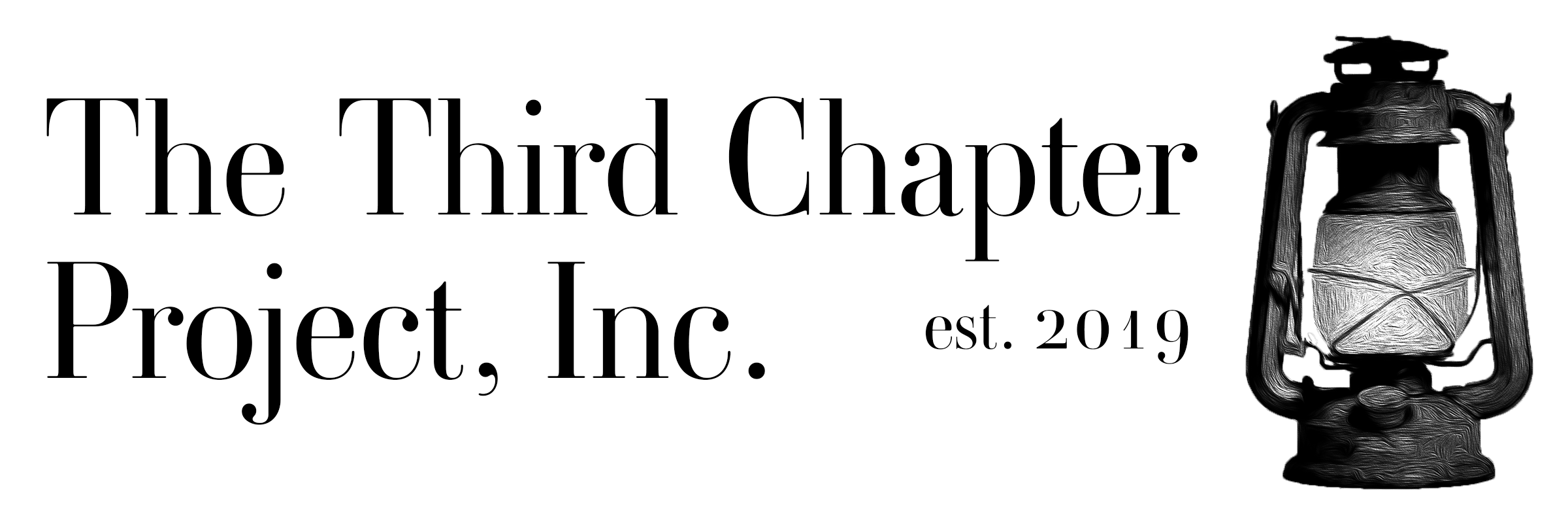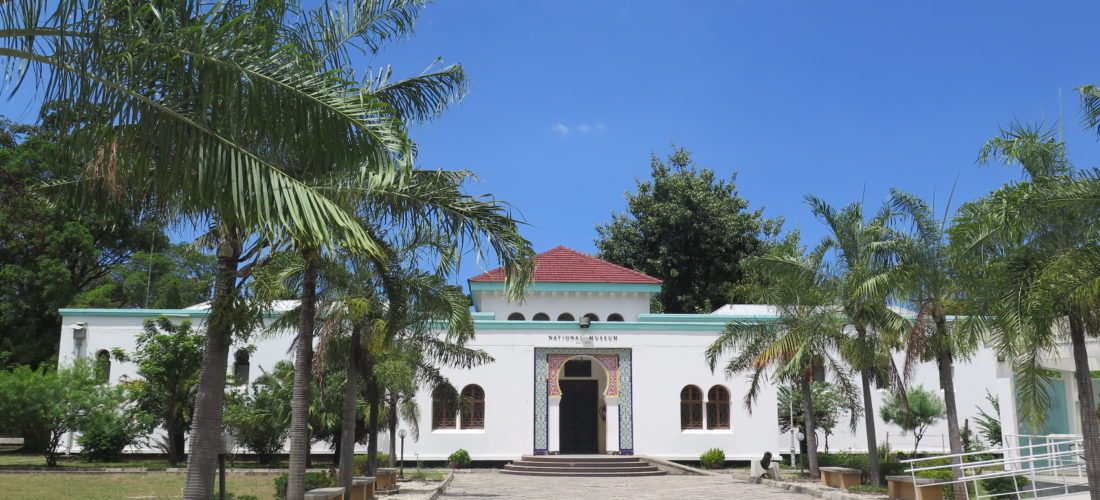By Third Chapter President Lee Walton
After months building key relationships, organizing the African Studies Advisory Board, launching an independent newsletter, and more, here are what I determined are the three biggest questions facing the Third Chapter Project.
- What is the problem? How do we define it?
The problem we are facing is the serious lack of quality electronic resources flowing into Africa, and the obstacles in African scholarly communications emanating out of and within Africa. This is most profoundly affecting the social sciences, humanities, and other related areas. We have identified this as a global problem relating to a variety of causes with the final result being that the entire continent of Africa has been denied access to scholarly and research work, essays, monographs, journals, books, and intellectual exchange. For the most part, the North discriminates against the South by diminishing contributions of African scholarship to the global body of knowledge.
2. Why is the problem so severe?
- It can not be understated that there is almost no funding for humanities and social science research, nor access to digital content, especially to African nations. Universities in the African continent are severely underfunded and rely on local and national government funding for acquiring resources. Just like their northern counterparts, the focus is typically on STEM (Science, Technology, Engineering, Medical) with the desired outcome of creating jobs and driving their economies. To compound this, outside non-governmental organizations focus on STEM for the very same reason. By the time STEM programs are funded, there is not enough funding left over to purchase current research in the subject areas of the humanities and social science. The result is outdated or “barely good enough”. Eighty percent of the African Humanities Program (AHP, an ACLS/Carnegie funded project) scholars we polled reported back that they did not have enough resources to complete their work.
- Bureaucratic roadblocks – In late 2016, the ACLS Humanities E Book Project tried to give all African institutions with ties to the ACLS Fellowship program unlimited and free access to the ACLS collection of high-quality scholarly monographs in digital form. Of the 100 or so universities we reached out to, only two responded and then only one Makerere University signed up. The result was duplicated when the AHP tried to offer free books to the same university libraries. These are titles that are not only necessary to the research community and students, but to the institution themselves to maintain accreditation. Librarians cannot make a decision independently without going through a cumbersome bureaucrat approval process, even on free material. To make matters worse, with each change in upper management, foci change and priorities are reset, resulting in access to needed resources lost due to subscriptions being cut from institutional collections.
- Clunky, non-user-friendly library systems are hard to use and are not generally available off campus. Even with library access, students are relying on their phones rather than laptops. These are commonly affected by power outages, have periodic access problems, and are not universally accepted by students.
- Students rely on faculty for resources, not on the university library. This sets up an inequality between faculty that have relationships and travel in the North, versus those who do not and must rely on the content in the library. A professor who has contacts or travels outside of Africa can acquire new books and journals and make copies (outside of copyright) for the benefit of their students. This workaround has unintended consequences as publishers from the North are wary of piracy of their products.
- COVID-19 has exacerbated the problem of online access. Currently, most of Africa is conducting online classes but access to online resources lags behind the need. If a student is no longer able to go to the library, print becomes more out of date than ever before.
- Acquiring journals from the North is difficult because of their cost. One highly sought-after journal can wipe out the entire budget leaving little to nothing for other resources.
- African research products suffer from the lack of demand from the North, resulting in works that go unpublished or are simply under-circulated. This situation is a further continuation of publishing colonialism. African scholars need to learn from their peers, and the North needs to hear and learn from Africa.
The time has long passed for Africans to define their own narrative, for far too long have better funded Northern scholars written the history of Africa.
3. Dispelling the myth about other publishers and nonprofits “solving the problem”.
- When we first conceptualized The Third Chapter Project, we were met with two reactions. The first, and the one that has solidified our commitment, was hearing anecdotal stories about scholars who were begging, borrowing, and stealing content because the resource gap was so great.
- The second, and much more problematic issue, was “others are in Africa providing content”. This statement is not accurate. What African scholars are telling us is that Northern publishers are providing low cost or free content that is not as desirable or is out of date, while the material that is critical for research is behind expensive paywalls. Publishers are trading on the goodwill generated by “supporting Africa” but are just an expansion of the exploitation that so many others have done before.
- There are wonderful organizations in Africa doing excellent work, mostly in STEM. There are others who are tackling small segments like primary education (K-12) country by country, or someone like the American Theological Library Association who is supporting small seminaries. No one is supporting the humanities and social science by bringing grant and donation-funded content to Africa.
Africa is a continent of 55 countries and home to 1.6 billion people. Yet only 7% of what we spend here in the Global North is spent on higher education there. If we want to see educational parity with the rest of the world, we need to provide African scholars the tools they need to reach their collective potential.

